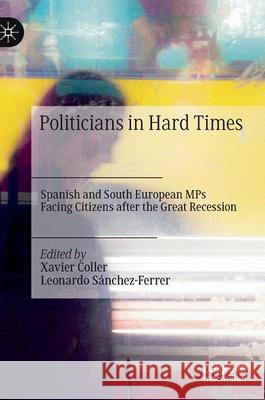Politicians in Hard Times: Spanish and South European Mps Facing Citizens After the Great Recession » książka
topmenu
Politicians in Hard Times: Spanish and South European Mps Facing Citizens After the Great Recession
ISBN-13: 9783030702410 / Angielski / Twarda / 2021 / 402 str.
Politicians in Hard Times: Spanish and South European Mps Facing Citizens After the Great Recession
ISBN-13: 9783030702410 / Angielski / Twarda / 2021 / 402 str.
cena 564,88 zł
(netto: 537,98 VAT: 5%)
Najniższa cena z 30 dni: 539,74 zł
(netto: 537,98 VAT: 5%)
Najniższa cena z 30 dni: 539,74 zł
Termin realizacji zamówienia:
ok. 22 dni roboczych
Bez gwarancji dostawy przed świętami
ok. 22 dni roboczych
Bez gwarancji dostawy przed świętami
Darmowa dostawa!
Kategorie BISAC:
Wydawca:
Palgrave MacMillan
Język:
Angielski
ISBN-13:
9783030702410
Rok wydania:
2021
Wydanie:
2021
Ilość stron:
402
Waga:
0.66 kg
Wymiary:
21.01 x 14.81 x 2.39
Oprawa:
Twarda
Wolumenów:
01
Dodatkowe informacje:
Wydanie ilustrowane











